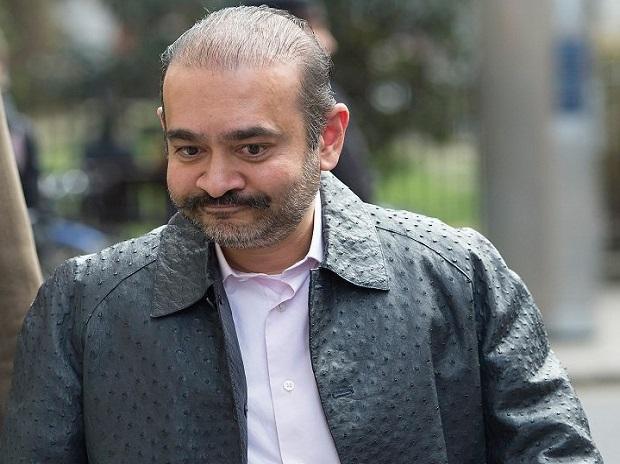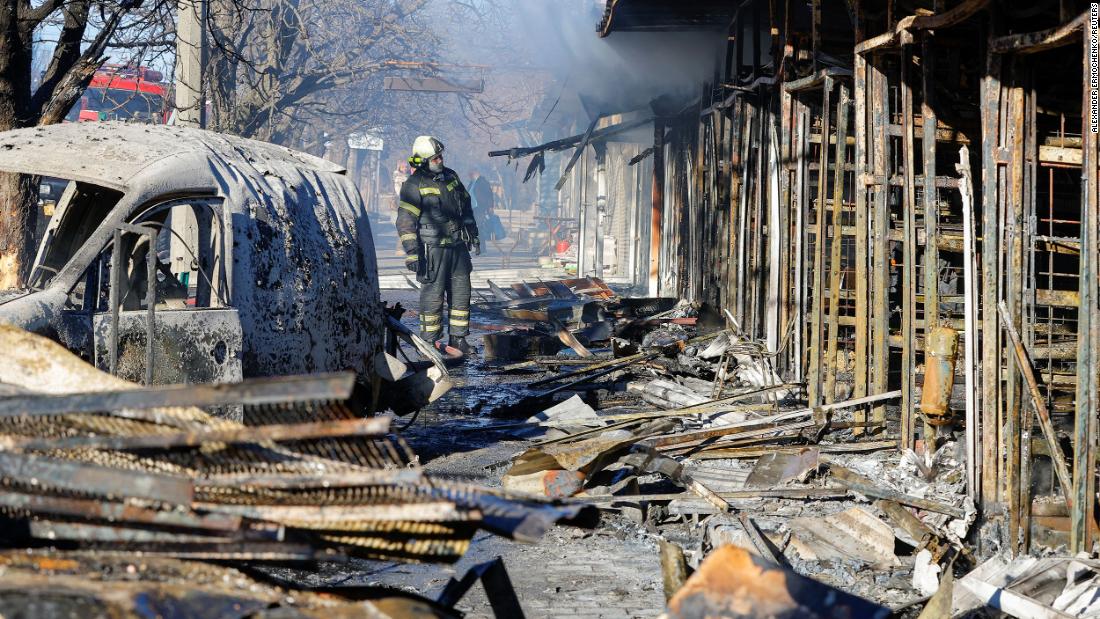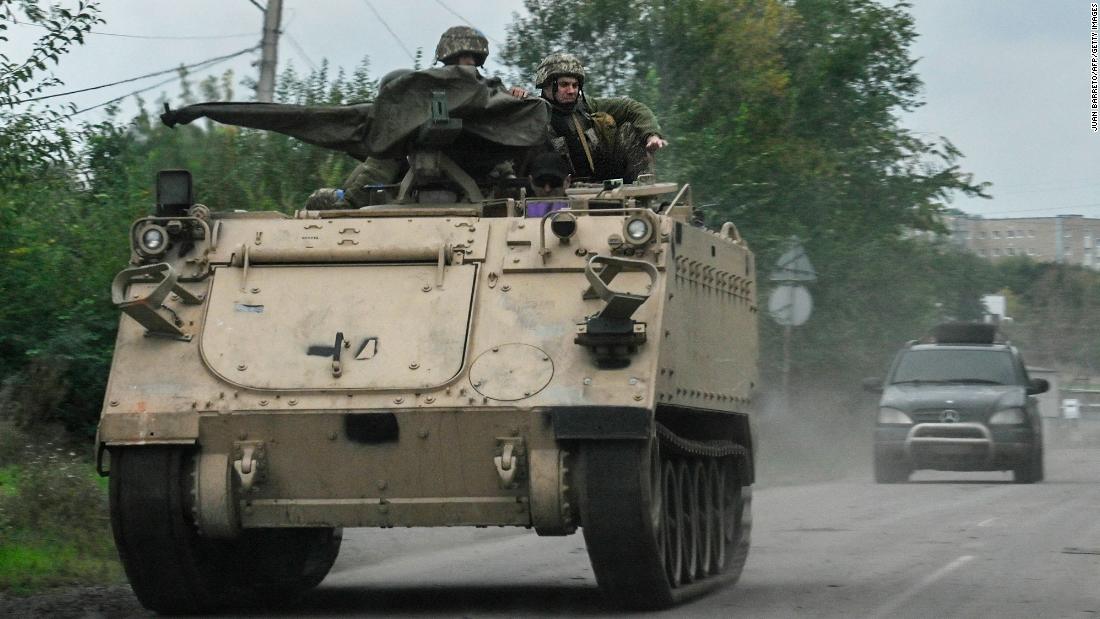Nirav Modi, India’s fugitive diamond merchant, will soon be extradited to India. On Wednesday, the London High Court rejected Modi’s plea against the extradition in the Punjab National Bank (PNB) loan scam case. He will be tried on the charges of money laundering here in India.
The High Court ruled that his risk of suicide is not such that it would be either unjust or oppressive to extradite him to India to face charges of fraud and money laundering.
The 51-year-old businessman was declared a fugitive economic offender (FEO) by the Indian government in 2019. A special court in July 2020 ordered the Enforcement Directorate (ED) to confiscate Modi’s properties that have not been kept as a mortgage or personal guarantee to PNB. The total properties that could be confiscated were 39 with a total worth of over Rs 500 crore.
Modi has two cases registered against him. One case, that is being investigated by the Central Bureau of Investigation (CBI), is about defrauding the public sector bank PNB to obtain fraudulent letters of understanding (LOUs). The second case, being investigated by the ED, is about Modi laundering the loan money and removing the evidence. He also faces the charges of “criminal intimidation to cause death”.
Lord Justice Jeremy Stuart-Smith and Justice Robert Jay, who presided over the appeal hearing at the Royal Courts of Justice earlier this year, said in their verdict that District Judge Sam Goozee’s Westminster Magistrates’ Court order from last year in favour of extradition was “sound”.
.
The leave to appeal in the High Court had been granted on two grounds under Article 3 of the European Convention of Human Rights (ECHR) to hear arguments if it would unjust or oppressive to extradite 51-year-old Modi due to his mental state and Section 91 of the Extradition Act 2003, also related to mental health.
.
“Pulling these various strands together and weighing them in the balance so as to reach an overall evaluative judgment on the question raised by Section 91, we are far from satisfied that Modi’s mental condition and the risk of suicide are such that it would be either unjust or oppressive to extradite him, the ruling states,” the judges said in the ruling.
.
As he has lost this appeal hearing, Modi can approach the Supreme Court on a point of law of public importance, to be applied for to the Supreme Court against the High Court’s decision within 14 days of a High Court verdict. However, this involves a high threshold as appeals to the Supreme Court can only be made if the High Court has certified that the case involves a point of law of general public importance.
.
.
His legal team are yet to comment on any plans to appeal the High Court verdict.
.
Meanwhile, Modi remains at Wandsworth Prison in south-west London since his arrest in March 2019.
(With agency inputs)
Note:- (Not all news on the site expresses the point of view of the site, but we transmit this news automatically and translate it through programmatic technology on the site and not from a human editor. The content is auto-generated from a syndicated feed.))



